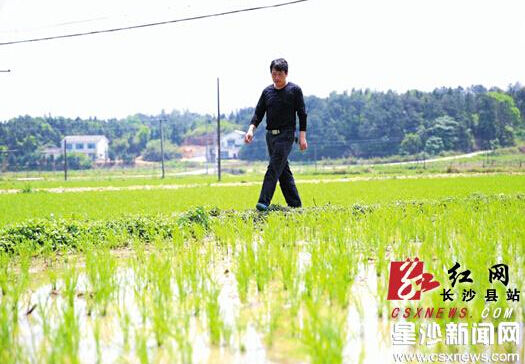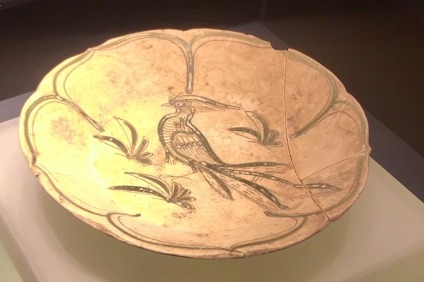Farmers share agricultural machinery
Updated: 2015-05-14
When the early rice season came to an end last year, Lin Zhenggao, a farmer from Jiuxiyuan village in Jinjing town, said to himself that he would not farm anymore.
The 8-mu (0.53 hectare) field brought him a net income of a mere 1,000 yuan ($161) after months’ hard work. It would be better migrating out to work, he said.
He never thought that he’d change his mind one year later and enlarged his planting area to 47.7 mu.
This dramatic change is thanks to the Party branch chief of his village, Lin Gexin.
The town of Jinjing is in the northern part of Changsha county and its farmland is scattered. As a result, the degree of mechanization for rice farming in the town has stayed low.
The planting area for early rice has been getting smaller in recent years. Lin Gexin was concerned as he believes that stable grain production is a matter of national security. He found out that the thin margins in rice planting were mainly caused by high labour costs, especially the rental fees for agricultural machinery.
Lin successfully changed the situation by introducing shared agricultural machinery, greatly decreasing costs. Lin convinced a local businessman to provide several machines to the village for free, which, together with those owned by the farmers, formed an agricultural machinery cooperative.
Under this mode, farmers save 600 to 800 yuan per mu, meaning that the 1,000 mu farmland will see an income increase of 800,000 yuan, Lin said.
 |
|
Lin Gexin, the Party chief of Jiuxiyuan village in Changsha county. [Photo by Zeng Shiyi/csxrmt.com] |
Changsha seeks to revive porcelain production
In recent years, the local government has sought to revive the region's long tradition in porcelain making and boost local industry with the cultural influence of ancient Tongguan kilns, which have a history of 1,200 years.
Contact Us
Tel: +86(0731)-8401-8486
Add: No.19, Kaiyuan Rd, Xingsha, Changsha county

